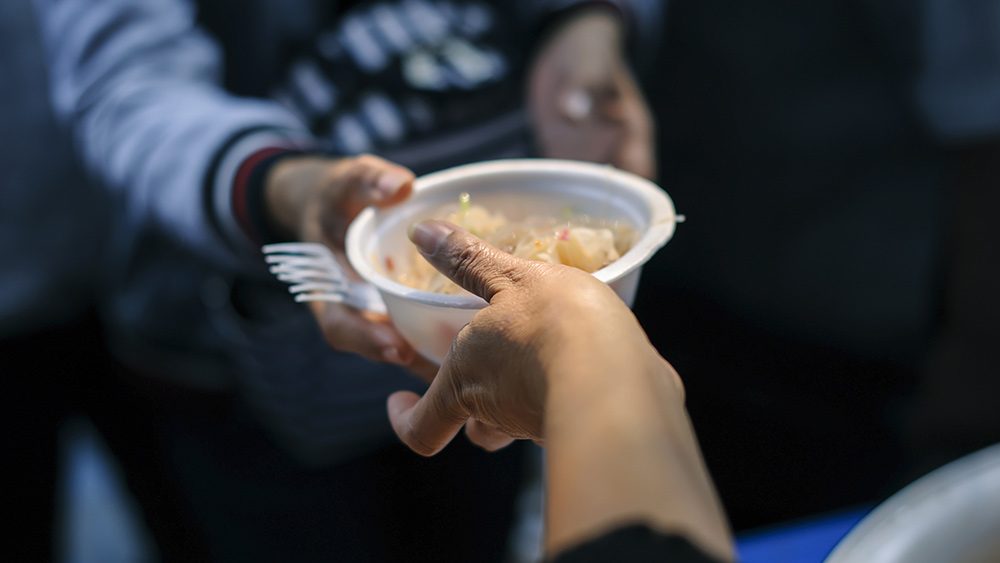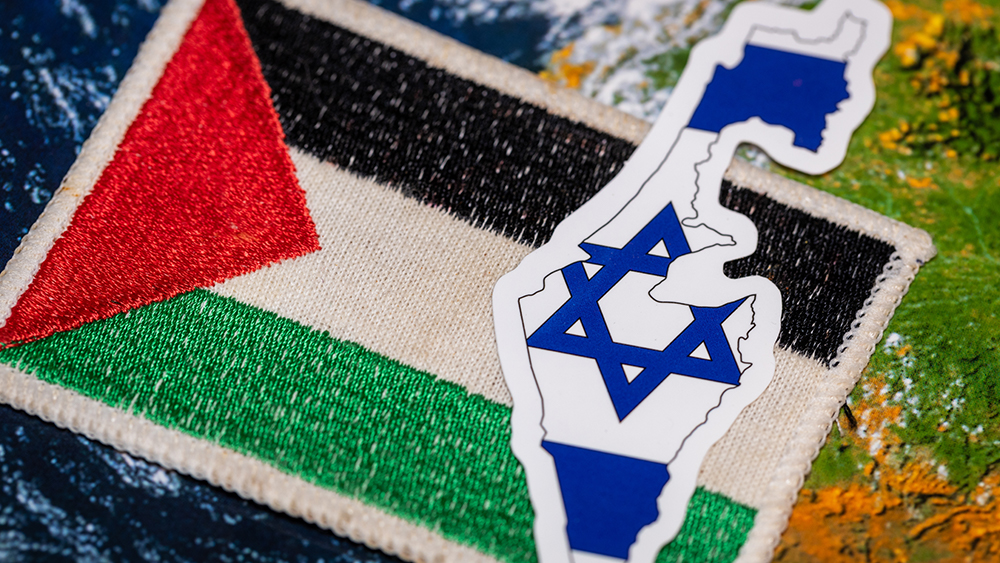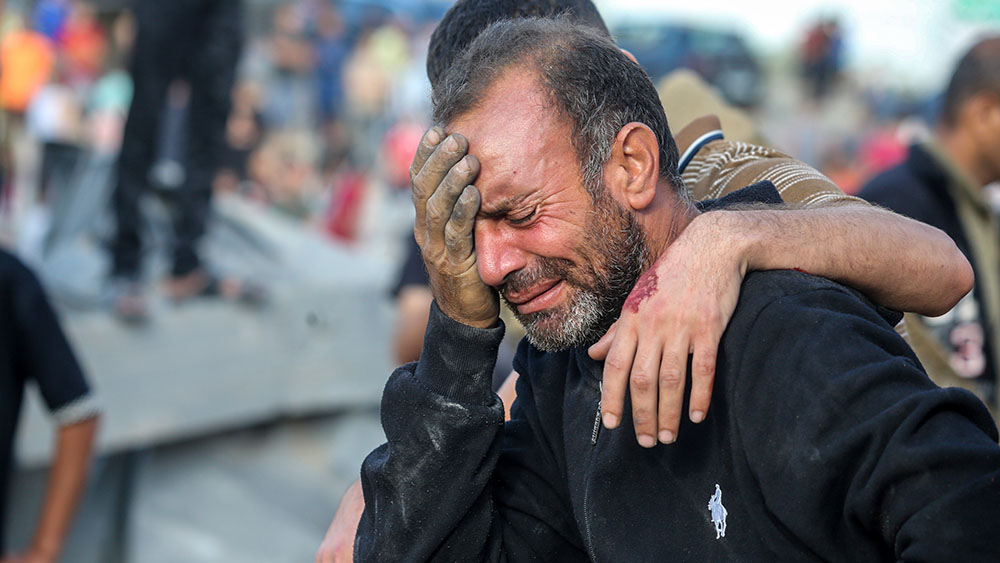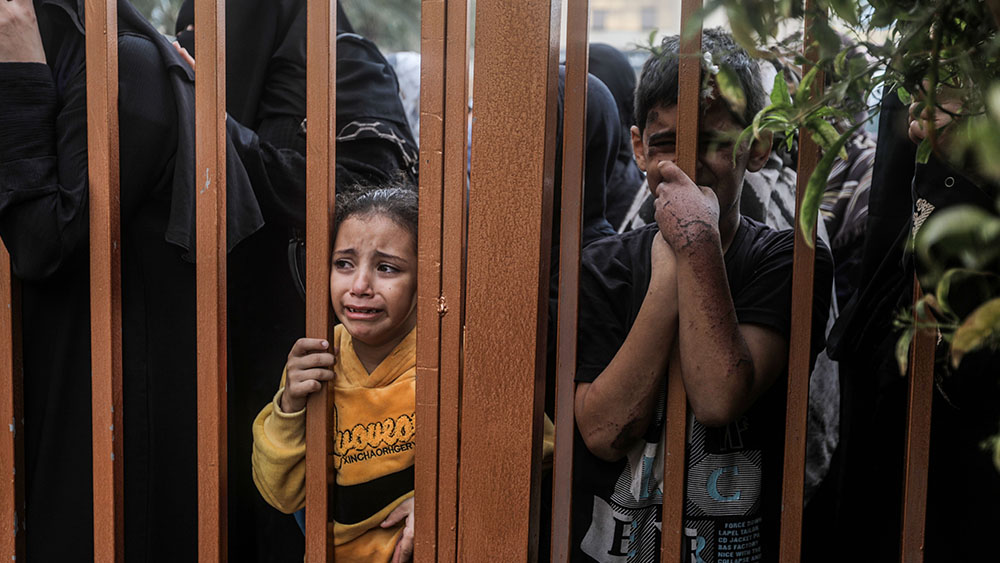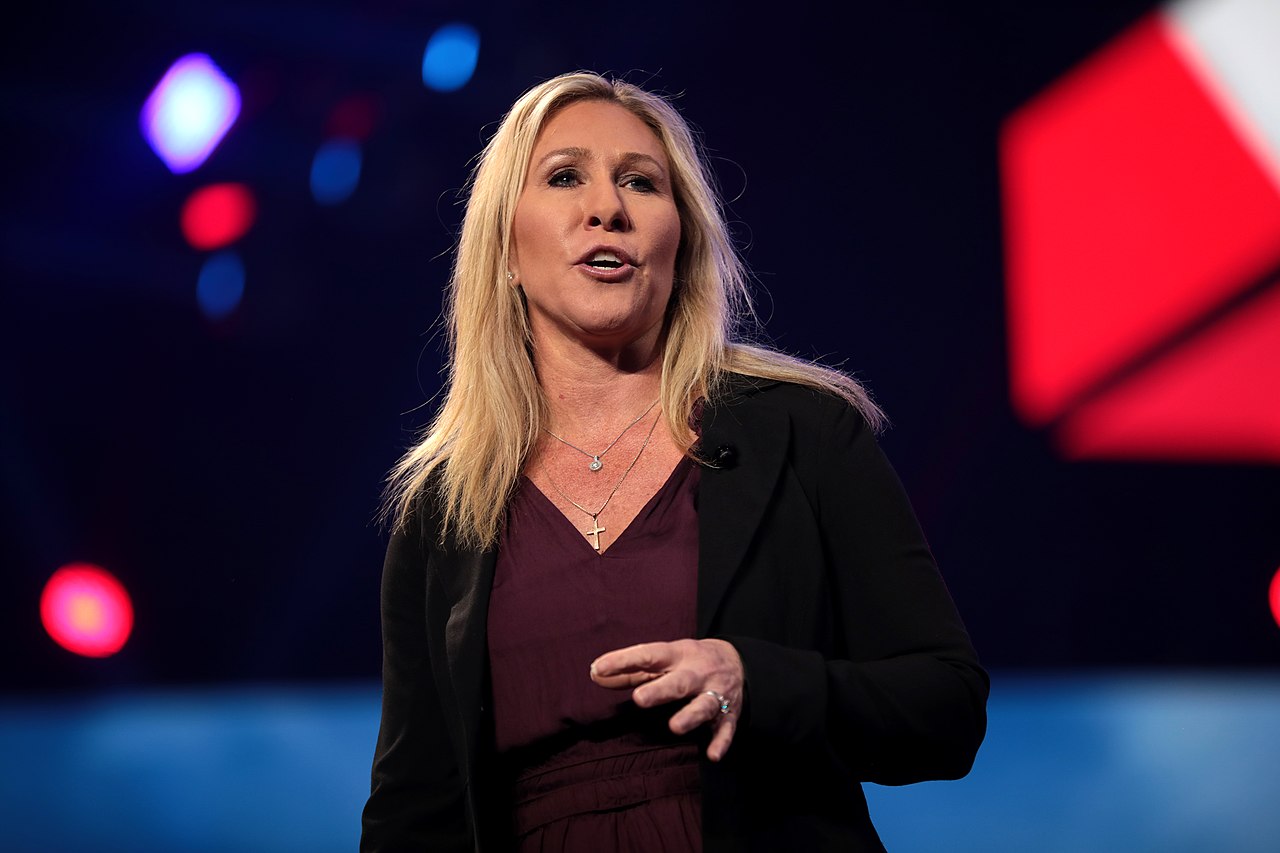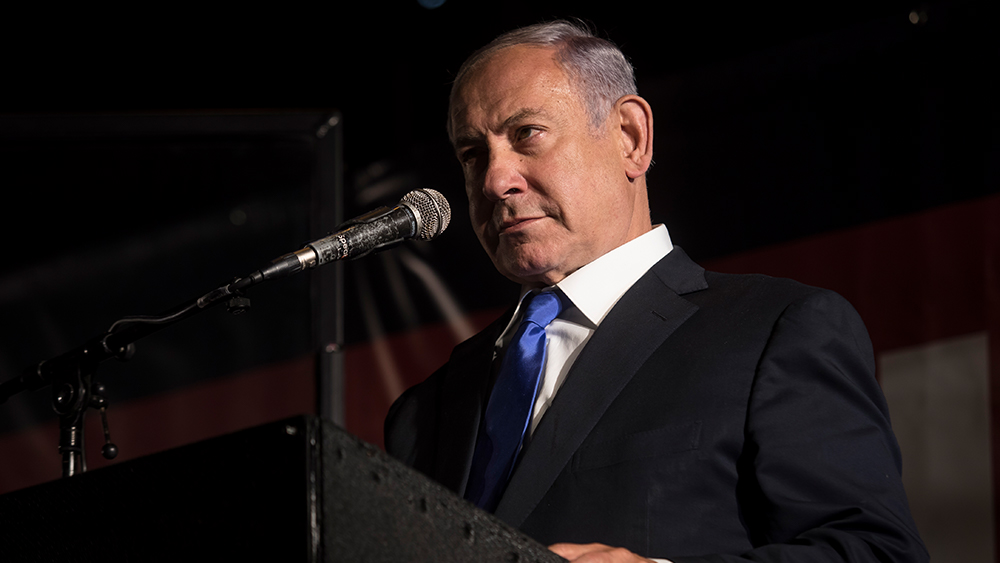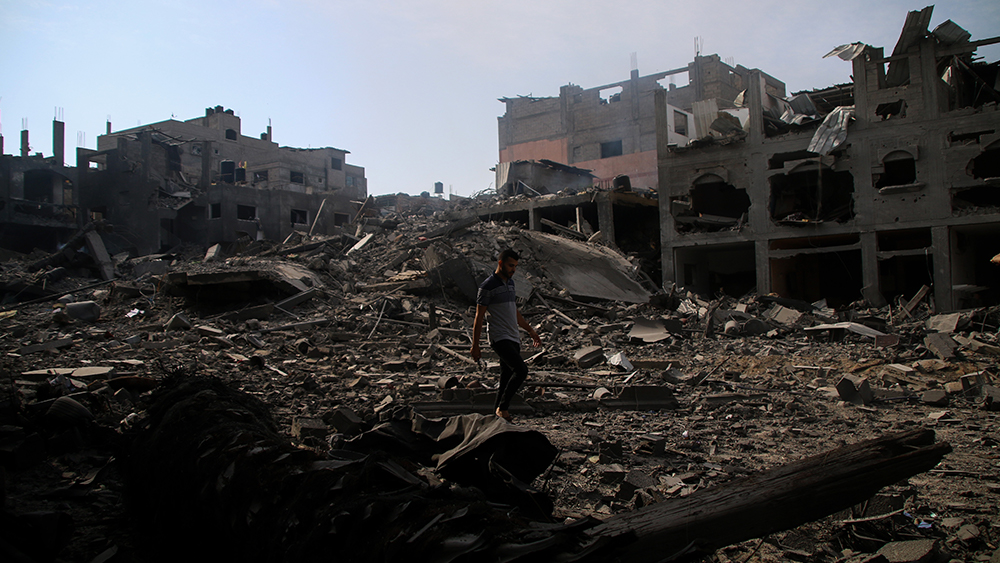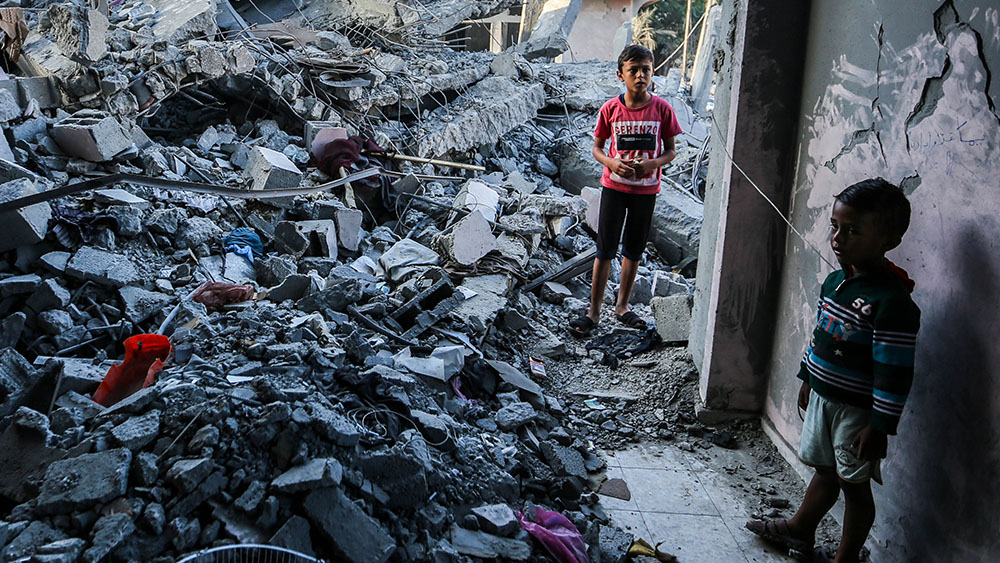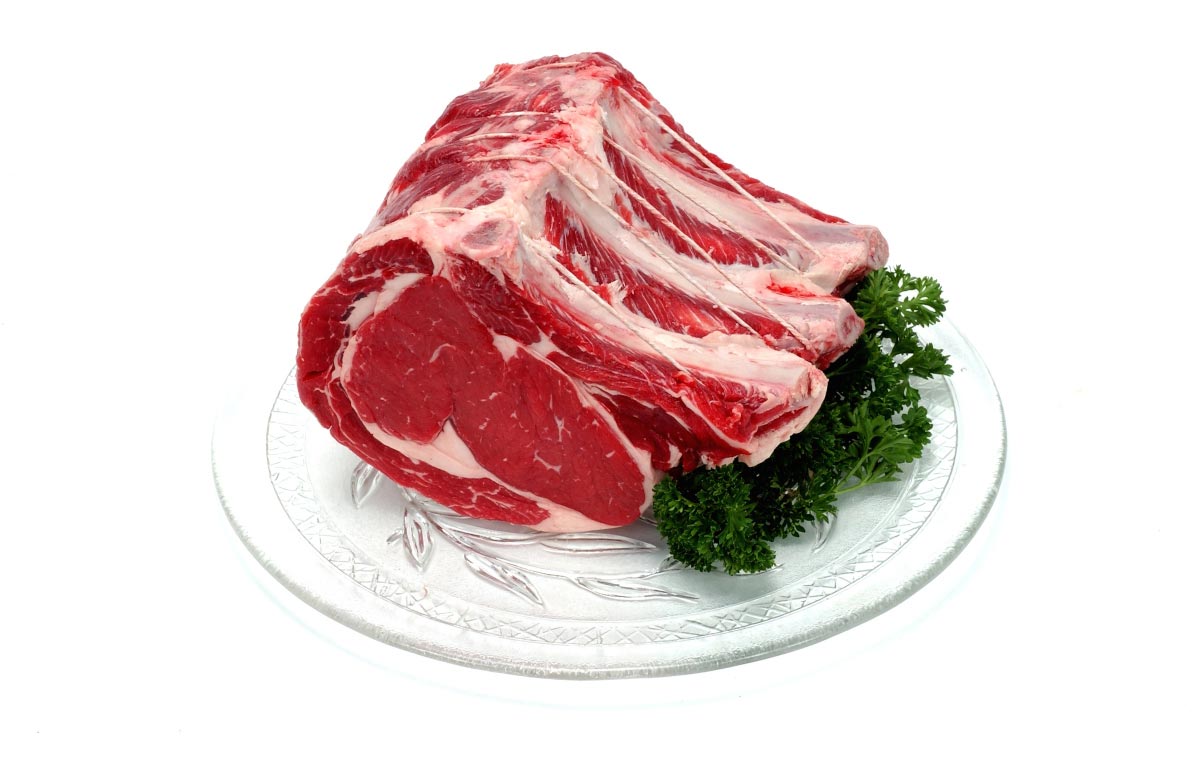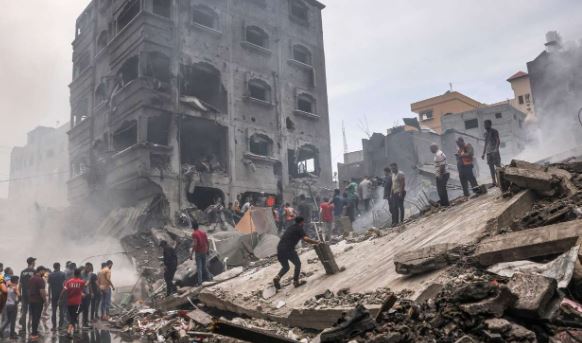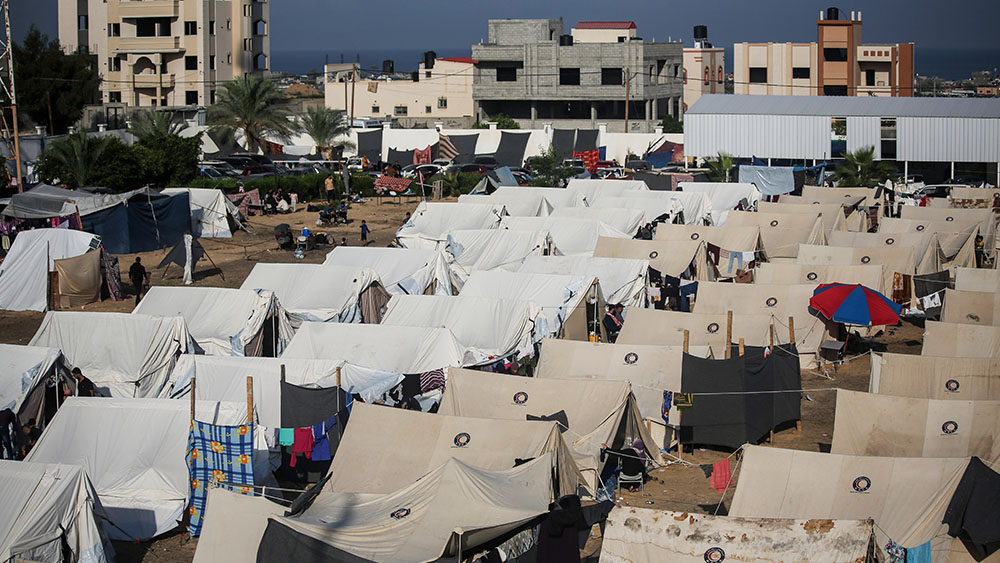Gaza’s humanitarian crisis: The weaponization of starvation and the failure of international law
08/07/2025 / By Kevin Hughes
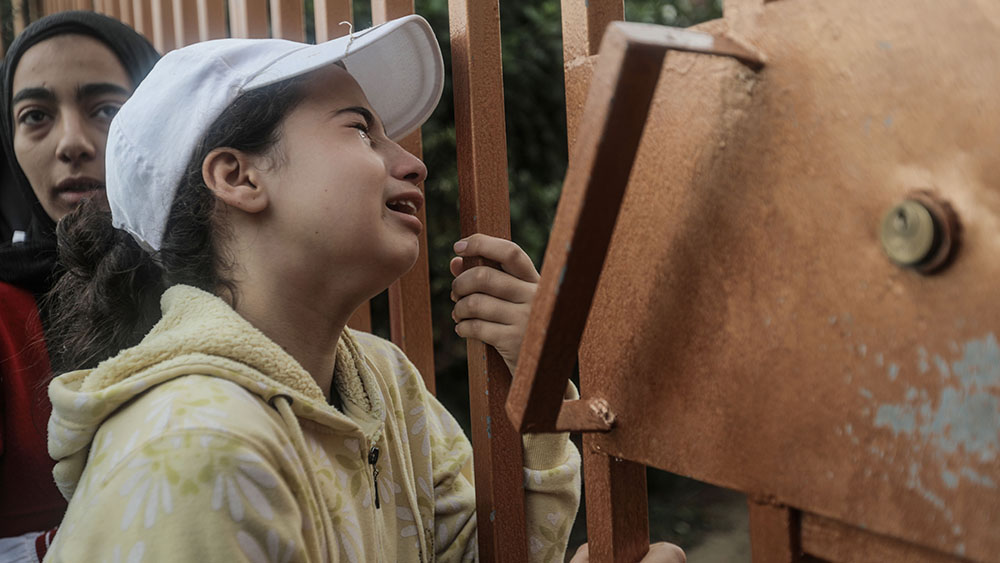
- The image of two-year-old Yazan Abu Ful exemplifies the severe hunger crisis in Gaza, with widespread starvation exacerbated by Israel’s blockade, raising urgent questions about violations of international humanitarian law.
- Gaza faces catastrophic famine due to conflict, blockades and attacks on aid sites. Hunger-related deaths are rising, particularly among children and the vulnerable, while Israel obstructs UN-delivered aid, despite international condemnation.
- The U.S.-backed GHF has replaced UN aid distribution with armed, aggressive tactics, killing over 1,000 Palestinians and drawing criticism for violating international humanitarian law and worsening starvation.
- The ICC has issued arrest warrants for Israeli leaders for using starvation as a weapon of war, while the ICJ investigates potential genocide. However, enforcement remains weak, undermining international law.
- The crisis demands immediate international intervention to ensure aid access, uphold justice and protect human rights. The suffering in Gaza is a moral test for the global community.
In the heart of the Gaza Strip, the image of two-year-old Yazan Abu Ful, with his emaciated body and visible ribs, has become a haunting symbol of the deepening hunger crisis. His mother, Naima, revealed his condition to the world, a stark testament to the widespread starvation plaguing the region. This crisis, characterized by unprecedented levels of hunger and malnutrition, has been exacerbated by Israel’s policies and actions, raising critical questions about the effectiveness and enforcement of international humanitarian law (IHL).
According to the Integrated Food Security Phase Classification (IPC), Gaza is currently experiencing the worst-case scenario of famine. The ongoing conflict, coupled with Israel’s stringent blockades and targeted attacks on aid sites, has pushed the region into a state of catastrophic hunger. The IPC’s recent report, which stops just short of a formal famine declaration, highlights the alarming rise in hunger-related deaths, particularly among children, the elderly and those with pre-existing health conditions.
The situation is dire. Gaza is entirely dependent on external aid for food, as the conflict has decimated local agriculture and banned fishing. Despite Israel’s claims of resuming aid shipments, United Nations (UN) workers report repeated obstructions and delays, with nearly 800 aid-seekers killed since late May. The UN has condemned Israel’s actions as an “inhuman abomination” and a “war crime,” demanding that Israeli troops cease firing on civilians attempting to access food. (Related: UN experts: Children in Gaza are dying because of Israel’s “targeted starvation campaign”.)
The introduction of the United States-backed Gaza Humanitarian Foundation (GHF) has further complicated the situation. Replacing the UN’s non-militarized aid distribution, the GHF operates fortified hubs secured by armed guards, often using aggressive tactics. This has led to the deaths of over 1,000 Palestinians while they were trying to access aid. The GHF’s operations have been criticized by over 170 NGOs for violating IHL and exacerbating the crisis.
Philippe Lazzarini, the United Nations Relief and Works Agency for Palestine Refugees in the Near East (UNRWA) commissioner-general, has described the GHF as an “opaque death trap” and accused it of furthering Israel’s agenda. The Famine Review Committee (FRC) has criticized the GHF’s distribution plan, stating that it would lead to mass starvation even without the violence.
Legal and ethical implications
The use of starvation as a weapon of war is a grave violation of international law. The Rome Statute of the International Criminal Court (ICC) explicitly recognizes the intentional deprivation of objects indispensable to survival, including food and water, as a war crime. The ICC has issued arrest warrants for Israeli Prime Minister Benjamin Netanyahu and Defense Minister Yoav Gallant on charges of using starvation as a method of warfare and the willful killing of civilians.
The International Court of Justice (ICJ) is also examining South Africa’s accusation that Israel is breaching the Genocide Convention through its policy of siege and starvation. The ICJ has issued provisional measures, ordering Israel to refrain from acts of genocide and ensure the unhindered delivery of aid. However, Israel has largely failed to comply with these orders.
The situation in Gaza represents a critical juncture for international humanitarian law. The sustained blockade, deliberate denial of food and humanitarian relief, and the deployment of a militarized aid model challenge the fundamental principles of IHL. The crisis raises profound questions about the credibility and enforcement of international law in modern conflicts.
Legal accountability is unfolding on multiple fronts, with the ICC and ICJ investigations underscoring a growing consensus that core international norms are being violated. However, the crisis also highlights the fragility of international legal enforcement. The selective application of law and the outsourcing of responsibility to private entities like the GHF threaten to erode the protective function of IHL.
The human cost: A call for action
The human cost of this crisis is immeasurable. Children are dying of hunger, families are forced to survive on meager rations, and aid workers are struggling to provide relief amidst violence and obstruction. The psychological impact of this deprivation is profound, causing despair, stress and trauma.
As UN Secretary-General António Guterres stated, “This nightmare must end.” The international community must act decisively to ensure the unimpeded delivery of aid and hold those responsible for these violations accountable. The crisis in Gaza is not just a humanitarian disaster; it is a test of the international community’s commitment to justice, human rights and the rule of law.
The world must not turn a blind eye to the suffering of the people of Gaza. The time for action is now.
Follow Starvation.news for more news related to this.
Israeli Prime Minister Benjamin Netanyahu insists there is no starvation in Gaza despite evidence to the contrary. Watch this video.
This video is from the alltheworldsastage channel on Brighteon.com.
More related stories:
Denial of hunger in Gaza: A deepening crisis amid international outcry.
Israel blocks aid to Gaza, accused of using starvation as leverage in ceasefire talks.
GENOCIDE by STARVATION: Israel’s bombing operations have exhausted the food supply in Gaza.
Sources include:
Submit a correction >>
Tagged Under:
Benjamin Netanyahu, big government, chaos, democide, evil, famine, genocide, human rights, humanitarian, insanity, Israel, national security, Palestinians, starvation, terrorism, Twisted, UN, violence, World War III
This article may contain statements that reflect the opinion of the author
RECENT NEWS & ARTICLES
COPYRIGHT © 2017 STARVATION NEWS

